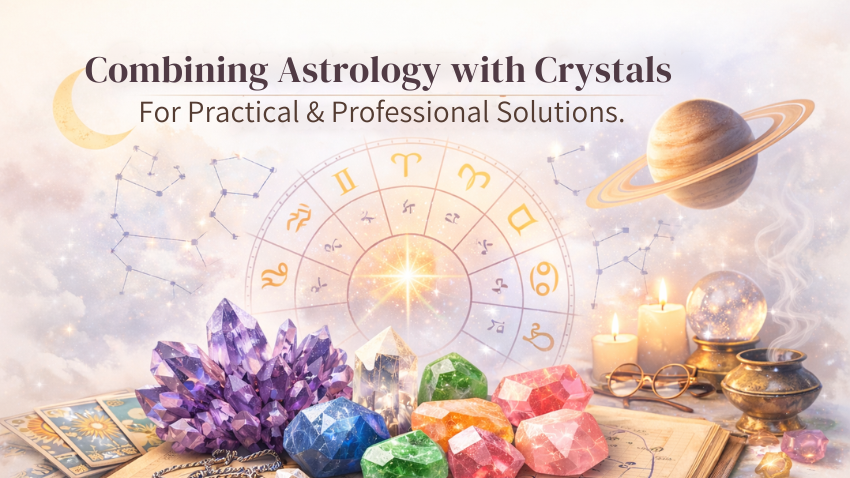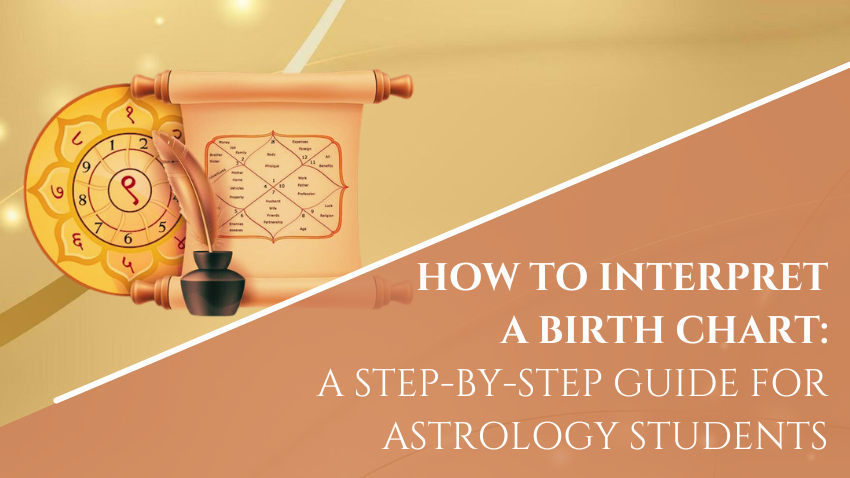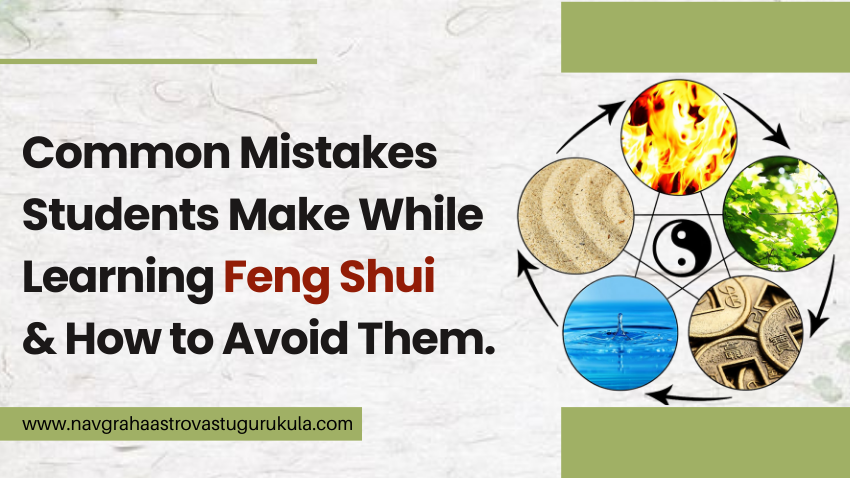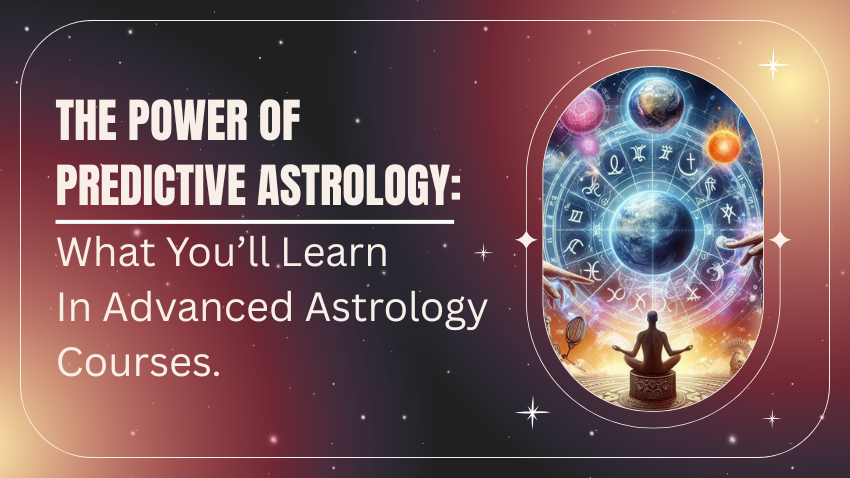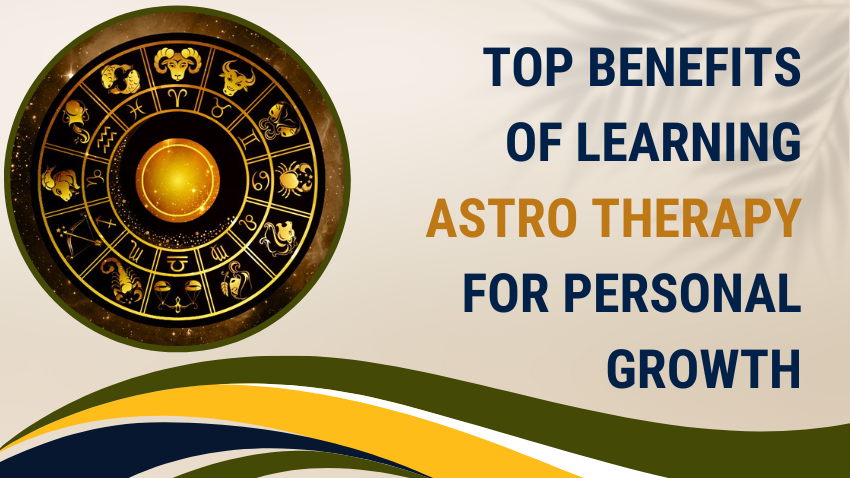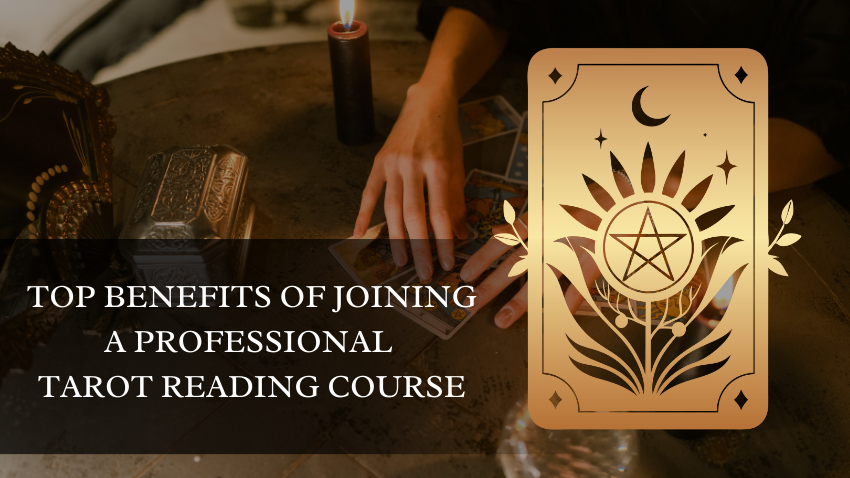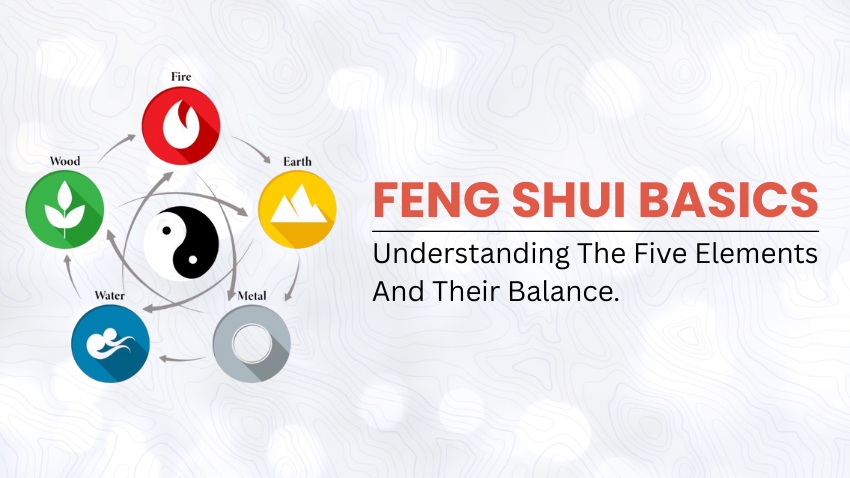Combining Astrology with Crystals for Practical and Professional Solutions
Astrology and crystals have long been trusted as powerful tools for guidance, healing, and personal transformation. Astrology helps us understand planetary influences and life patterns, while crystals are believed to carry natural energies that support balance and well-being. When combined thoughtfully, these two disciplines create a practical and result-oriented approach that helps clients achieve clarity, emotional stability, and personal growth. Understanding the Connection Between Astrology and Crystals Astrology is based on the positions of planets at the time of a person’s birth. Each planet governs specific areas of life such as career, relationships, health, and emotions. When a planet is weak or negatively placed in a birth chart, it can lead to challenges in those areas. Crystals work through vibrational energy. Each crystal resonates with certain frequencies that align with planetary energies. By matching the right crystal with the affected planet, it becomes possible to balance or strengthen those influences. For instance, if someone struggles with communication issues linked to Mercury, specific crystals can be recommended to support clarity and expression. How Crystals Enhance Astrological Remedies Traditional astrological remedies include gemstones, mantras, and rituals. Crystals offer a more accessible and flexible approach. They are easier to use, cost-effective, and can be integrated into daily life without complexity. An astrologer can study a client’s birth chart and recommend crystals based on planetary imbalances: If someone is experiencing emotional instability due to Moon-related issues, calming crystals can help restore inner balance. If career challenges are connected to Saturn, grounding crystals can support discipline and stability. If low confidence is linked to Sun placement, energizing crystals can help improve self-belief. This approach allows professionals to offer solutions that are both personalized and easy to follow, increasing the effectiveness of consultations. Practical Ways to Use Crystals in Consultations For best results, clients must be guided on the correct use of crystals. The method and intention behind using them play a crucial role. Crystals can be worn as bracelets, pendants, or rings so their energy stays connected with the body throughout the day. Meditation is another effective method, where holding crystals can enhance focus and emotional clarity. They can also be placed in specific areas of a home or workspace. For example, keeping certain crystals on a work desk may improve productivity, while placing them in the bedroom can promote relaxation and better sleep. Regular cleansing and recharging of crystals is essential. This can be done through sunlight, moonlight, or natural methods like incense to maintain their effectiveness. Real-Life Application For example, a client facing anxiety and mood swings due to an imbalanced Moon can benefit from both astrological guidance and crystal support. Along with remedies suggested through astrology, calming crystals can be introduced into their daily routine. Over time, this combined approach can help the client feel more emotionally stable and confident in handling challenges. Benefits for Clients and Professionals This integrated approach offers a complete solution by addressing both the root cause and its emotional effects. Clients gain not only insights but also practical tools they can use in everyday life. It also creates a sense of involvement, where clients actively participate in their own improvement rather than depending only on predictions. This increases trust and long-term satisfaction. For professionals, combining astrology with crystals enhances the quality of their services. It makes consultations more result-driven, practical, and valuable, helping them stand out in a growing wellness industry. Building Expertise in This Field With increasing awareness about holistic healing, the demand for combined knowledge of astrology and crystals is rising. Learning both fields in depth can open up strong career opportunities, especially for those interested in an Astro-Gemology career in bangalore. A solid understanding of astrology ensures accurate analysis, while expertise in crystals adds a practical dimension to solutions. Together, they create a powerful and modern consulting approach. Conclusion Combining astrology with crystals is not just an alternative method but a smart and effective evolution in modern consultation practices. It empowers professionals to deliver solutions that are not only insightful but also actionable, helping clients see real improvements in their personal and professional lives. This approach builds deeper trust, enhances results, and creates long-term value in every consultation. For those looking to build expertise and grow in this field, starting with Astrology courses in bangalore can provide the right foundation, while pursuing a bachelor’s or master’s degree in Gems and Crystals can take your knowledge to a professional level. If you are aiming to establish a successful Astro-Gemology career in bangalore, the right training is essential. Explore https://navgrahaastrovastugurukula.com/ and take your first step towards a rewarding and future-ready career.
Combining Astrology with Crystals for Practical and Professional Solutions Read More »

